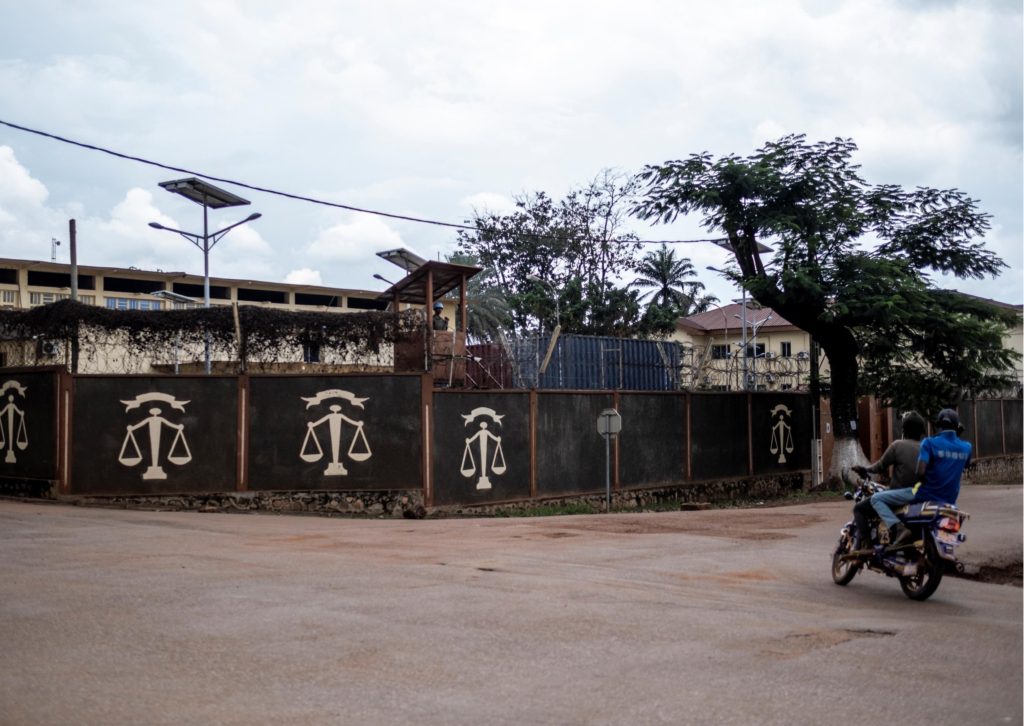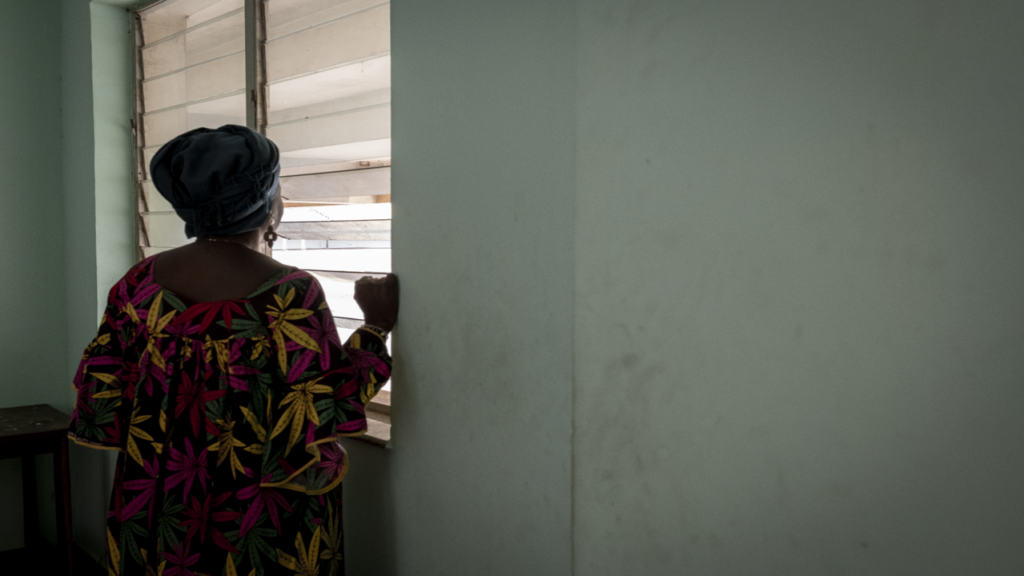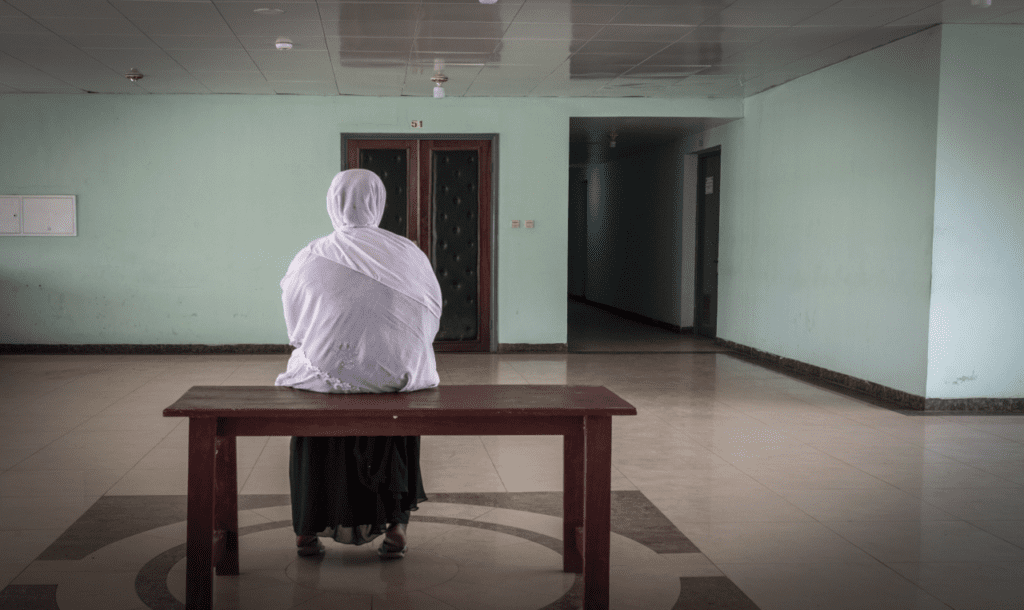Central African Republic (CAR) has suffered multiple armed conflicts since 2002. Thousands of civilians have been killed, raped, or otherwise subjected to horrific violence. Many more have had their homes burned or looted, and have been forced to leave for displacement camps.
Indeed, war crimes and possibly crimes against humanity have been inflicted on the CAR population by armed groups, the CAR military and their allies.
Worse still, very few perpetrators have been held to account for these horrific crimes.
People have continued to live in the vicinity of their attackers, forced to endure trauma and the fear of further violence.
Most of those who have ordered the worst atrocities have simply continued to go about their lives with total impunity.
Some have even been promoted into top positions in government.

We can’t rebuild ourselves without justice.
CAR criminal courts do not have the capacity to deal with crimes at such scale. Moreover, they did not hold criminal trials between early 2020 and April 2022, apparently due to the pandemic and lack of resources. The International Criminal Court is involved, but it can only take on a very small number of cases.
Following recommendations from civil society organizations at the 2015 Bangui forum, the Special Criminal Court (SCC), was created in CAR as a hybrid between a national and international court to create more opportunities for justice to be done and thus help end impunity. The Special Criminal Court became operational with a five-year mandate on 22 October 2018; its mandate was recently renewed for a further five years (October 2023 – October 2028).
Yet the SCC faced obstacles and delays in becoming fully operational. Today it is still having difficulties affirming its full independence and overcoming apparent resistance from the CAR authorities and MINUSCA for reasons of political expediency.

I ask that our cases be processed, so that justice is done for the memory of my murdered brother.
The perpetrators with the greatest responsibility are not yet facing arrest and prosecution.
The SCC has issued some arrest warrants but the CAR police and the UN peacekeeping mission, MINUSCA, have not been arresting those people (with one exception – Idriss Ibrahim Issa – in July 2022).
Indeed, UN peacekeeping forces and CAR authorities often face severe challenges of simply not being able to locate people or not being able to arrest them in insecure or inaccessible regions. However, some people apparently also have political protection.
In one case, the CAR gendarmerie actually intervened to free a government minister, an ex-rebel chief, who had been arrested and placed under pre-trial detention under the SCC’s orders, with no authority from a judge.
Listen to victims’ stories and their calls for justice
Victims of crimes deserve justice. They cannot move forward with their lives while the perpetrators of their worst sufferings walk free. Indeed, the country cannot recover and move forward as long as there has been no redress. But that requires action from all of us, to show that we care about this situation.
DEMAND JUSTICE FOR THE VICTIMS
take action now
Join Amnesty International in bringing victims’ voices to the fore and supporting their quest for justice. Let’s call on the CAR authorities and its partners to do everything possible to fulfil their commitments to justice.

The CAR government, the UN, partner States of CAR and donors must, at all costs:
- Ensure sufficient funding to the Special Criminal Court, so that it can continue its work for justice;
- Carry out, or push for and assist in the arrests of all suspects for whom arrest warrants have been issued, as quickly as possible;
And let’s call on CAR judicial authorities to bring those responsible to account, including:
- Ensuring that SCC investigations and prosecutions target individuals with the greatest alleged responsibility for the most serious crimes, regardless of their political, social or military status;
- Ensuring that trials before all CAR tribunals comply with fair trial standards, including through the regular organization of criminal sessions before CAR ordinary courts.


